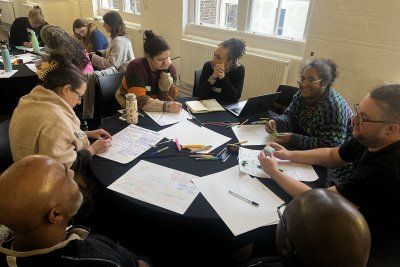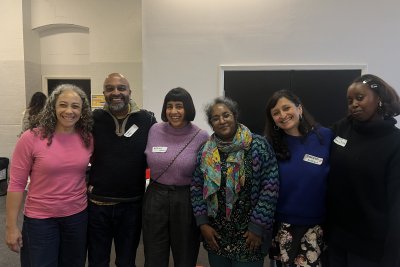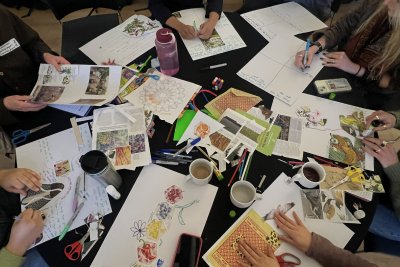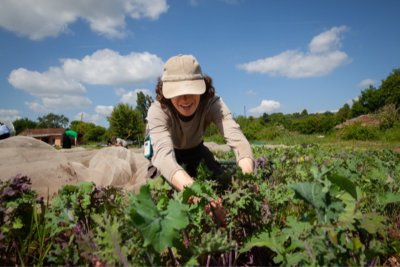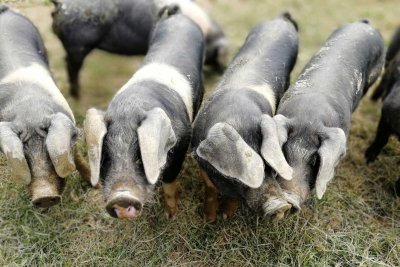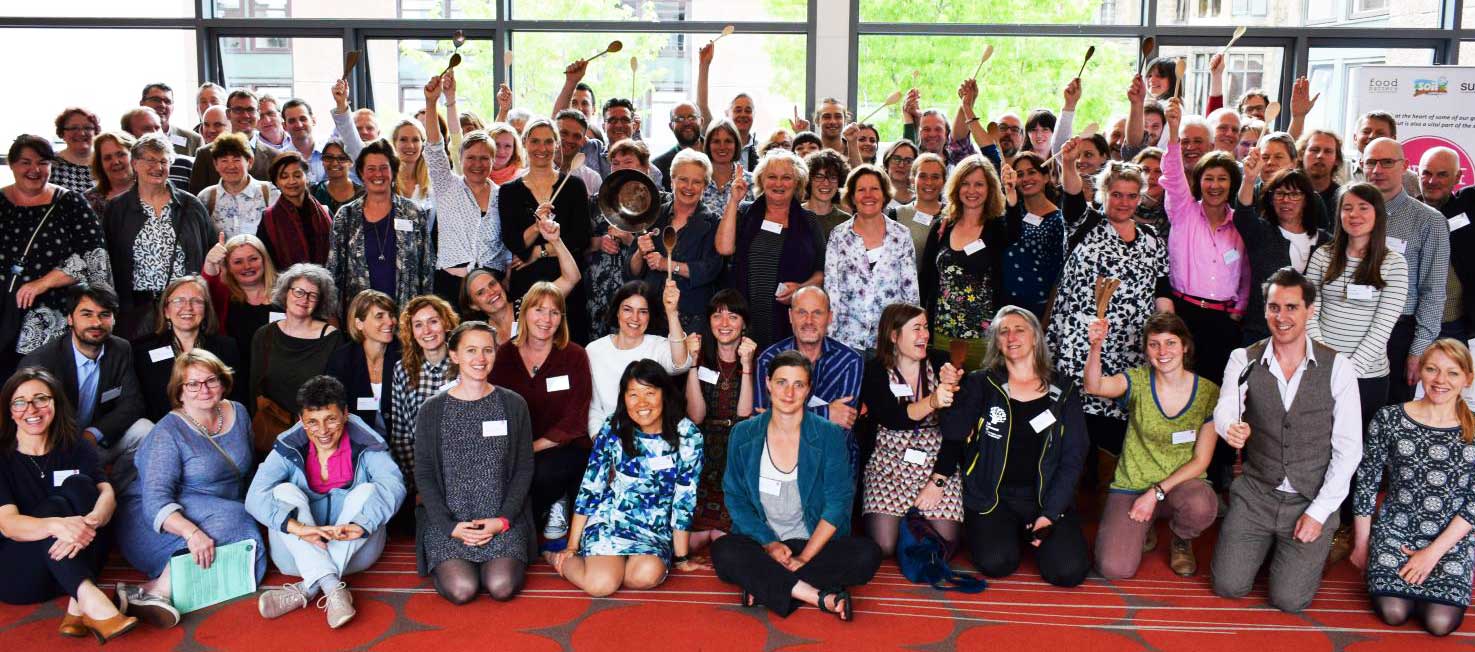

When a network becomes a movement... Sustainable Food Cities
Sustainable Food Cities has come of age. Over 30% of food eaten in this country is within places in the network. Justifiably it now wants more recognition, and has written to food and farming Minister to offer its help in the coming turbulence of post Brexit food and farming policy. Ben Reynolds traces this transition of a network finding its voice.
You’d be forgiven for missing last week’s Sustainable Food Cities conference in Edinburgh. It wasn’t widely advertised, as it was only open to those who are part of the Food Cities network. Nor was it headline news, bar a surge in twitter activity over the two days. But this wasn’t a niche gathering. Places were hard fought for, and amongst the 150 attendees, mostly from local areas around the UK, and many more who couldn’t make it, there was a distinct lack of many of the usual food and farming NGOs. And rightly so. These annual gatherings, now in their fourth year have been incubators of a very specific kind of work, and of those people who are driving that work around the UK.
This was not just a gathering of farmers (as if anyone is just a farmer!), or of community groups, council workers, markets, makers, food writers or rights activists. Those present were leaders and representatives of food partnerships that bring all of these folk together, from almost fifty parts of the UK, and many more if you include those in the process of setting up. Many of you will have heard of food partnerships. It is, by now, hardly a new concept. So why write another article about it, and why now? Many of these partnerships, the likes of Brighton, Bristol, London and Manchester have been going for over ten years now. Two of whom, London and Manchester, only at this conference have now finally received awards for their years of hard work. This is not an exercise in quick wins. And whilst there have been many of those along the way, this is a movement that is in it for the long haul, that is looking at the bigger picture, and how over the decades to come it can play a crucial part in our changing food system.
I use that word ‘movement’ pointedly. There was a shift at this year’s event. A network shares ideas and information, whereas a movement creates change. We heard about how this partnership approach has underpinned impressive work on issues such as sustainable fish, with caterers serving 700million meals across the UK now committed to only sourcing from sustainable stocks, as well as pioneering work on tackling child holiday hunger, food waste, childhood obesity and food poverty. This approach is not going unnoticed internationally, with the creation of Dutch, Nordic and German food cities networks being established over the past 12 months.
But I’m still dodging my own question. Why write this now? Whilst the previous two years have felt politically turbulent, it’s in the last few weeks that food and farming has come more to the fore. For the first time in many years, food featured heavily in the election manifestos, and when, as with the Conservative commitment to cut Universal Infant Free School Meals, it was a step backwards in improving our food culture and with the consequent impact on health, poverty and jobs, it led to a huge public backlash. And one that would appear to have worked, with sources suggesting a u-turn. Buoyed by this success, the food movement can turn its sights onto the next challenge, and as many have been keen to stress, the opportunity, posed by Brexit.
Combining the populations of those cities, towns, boroughs, and places in the SFC network, it amounts to almost 20million people. Put another way, over 30% of the food eaten in this country is within those places in the network, and much more if you include those commuting in, and eating out. These do not represent many farming communities, it is true, but they have a profound impact on what we eat, where we eat, how much we eat, and how much we waste. And in turn this will have a huge influence on the demand for what is grown, reared and caught, how it is produced, and on those producers’ livelihoods.
Over the next five years, if it lasts that long, the Government will gain many new powers from Europe, including the power to shape our food and farming system in a way that most in the UK will not have seen in their lifetimes. This is why Sustainable Food Cities, and the members of this movement are writing a letter to George Eustace, the food and farming Minister to ask for a meeting. In Edinburgh last week, we saw a network come to terms with the fact that it could influence, and was influencing, the food system. Now it’s time for others to recognise this. A movement covering a third of the UK’s population needs to be heard.
Sustain helps to coordinate the Sustainable Food Cities network, alongside Food Matters and the Soil Association.
Sustainable Food Places: Network bringing together over 100 local food partnerships.
Sustain
The Green House
244-254 Cambridge Heath Road
London E2 9DA
020 3559 6777
sustain@sustainweb.org
Sustain advocates food and agriculture policies and practices that enhance the health and welfare of people and animals, improve the working and living environment, promote equity and enrich society and culture.
© Sustain 2026
Registered charity (no. 1018643)
Data privacy & cookies
Icons by Icons8

